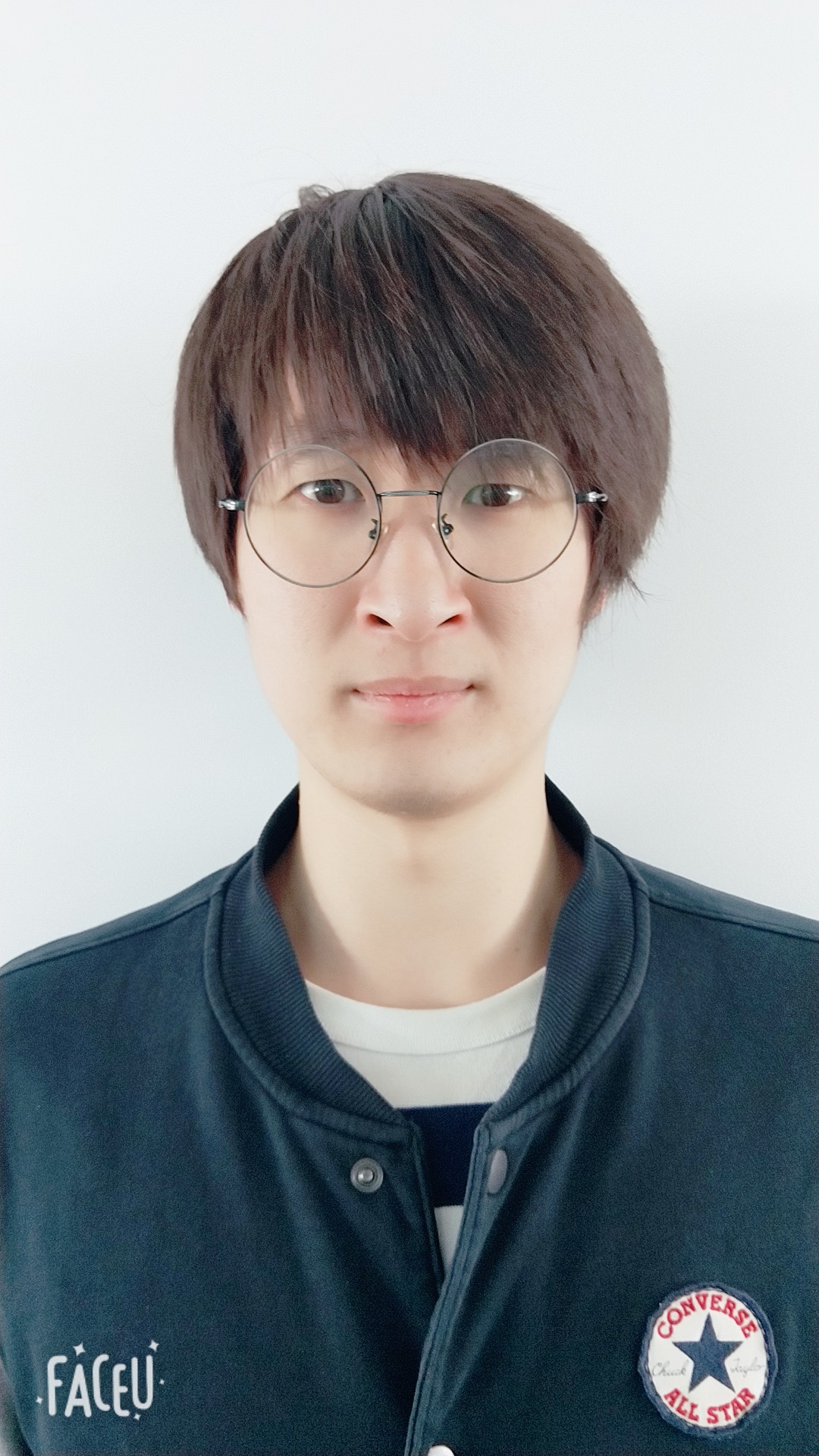(DAO)Decentralized autonomous organization
DAO is an organization constructed by rules encoded as a computer program and not influenced by a central government.
Overview
It is stands for Decetraliized Autonomous Organization. It is type of org that is run by rules encoded as computer programs called smart contracts. DAOs operate on decentralized blockchain networks such as Ethereum and are designed to be autonomous, transparent and decentralized.
How to make decesions in DAO?
The decisions are made by voting using tokens held by members of the org. Token holders can proose and vote on changes to the rules governing the org, as well as on proposals for allocating resources or making other decisons.
Which areas that DAOs can be used for?
- managing digital assets
- crating decentralized social networks
- governing cities(large-scale organizations)
Potential benefits
- increased transparency
- accountability
- efficiency
- reduced reliance on centralized intermediaries
Challenges
- regulatory uncertainty
- security risks
- governance failures
- hacking attacks
- bugs in smart contracts
- conflicts amon members
Polygon
Formerly known as Matic Network, it is a layer-2 scaling solution built on top of the Ethereum network. It is designed to address some of the scalability issues facing the Ethereum network, such as high gas fees and slow transaction processing times.
Differences with Ethereum
One of the main differences between Ploygon and Ethereum is their respective approaches to scalability.
- Ethereum is a proof-of-work blockchain that uses a consensus algorithm called Ethash to validate transactions and secure the network. As more transactions are processed on the Ethereum network, the network ca become congested, leading to higher gas fees and slower transaction processing times.
- Polygon, on the order hand, uses a variety of scaling techniques to increase the throughput of the network and reduce transaction costs. The techniques include:
- Plasma: it is a layer-2 scaling solution that allows for the creation of sidechains that are connected to the Ethereum mainnet. These sidechains can process transactions more quickly and at a lower cost than the Ethereum mainnet.
- Optimistic Rollups: layer-2 scaling solution that allows for the processing of large numbers of transactions off-chain, while still maintaining the security and integrity of the Ethereum network.
- Polygon SDK: It is a set of developers tools and protocols that allow developers to create scalable and interoperable blockchain applications.
In summary, both of Ethereum and Polygon are blockchain networks that support smart contracts and decentralized applications. Polygon is designed specifically to address the scalability issues facing the Ethereum network. It aims to make it easier for developers to build and deploy high-performance blockchain applications.
